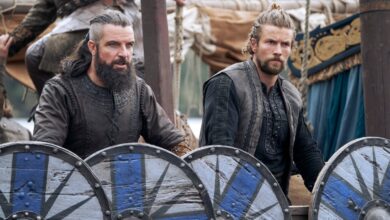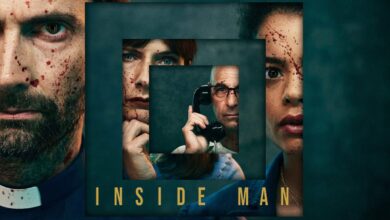The Good Mothers Review: Linear And Sometimes Scholastic Hulu Original Series
Stars: Simona Distefano, Alessandra Roca, Marco Zingaro
Directors: Elisa Amoruso, Julian Jarrold
Streaming Platform: Hulu and Disney+
Filmyhype.com Ratings: 4/5 (four stars)
The Good Mothers is the new Hulu original TV (Disney+ for other countries) series consisting of 6 episodes, all immediately available for streaming on Wednesday 5 April. Winner of the award for best series in the first edition of the series section of the Berlinale, The Good Mothers is based on the non-fiction book of the same name by journalist Alex Perry, awarded with the “George Polk award”, and adapted for the screen by Stephen Butchard with directed by Julian Jarrold and Elisa Amoruso and is produced by House Productions and Wildside a company of the Fremantle group. At the heart of the series are the women of the ‘Ndrangheta, children, wives, and sisters of criminals who live outside the world, in a reality that is ours even if it is light years away. The series is inspired by the story of Lea Garofalo and her daughter Denise used as a starting point for all mafia women.
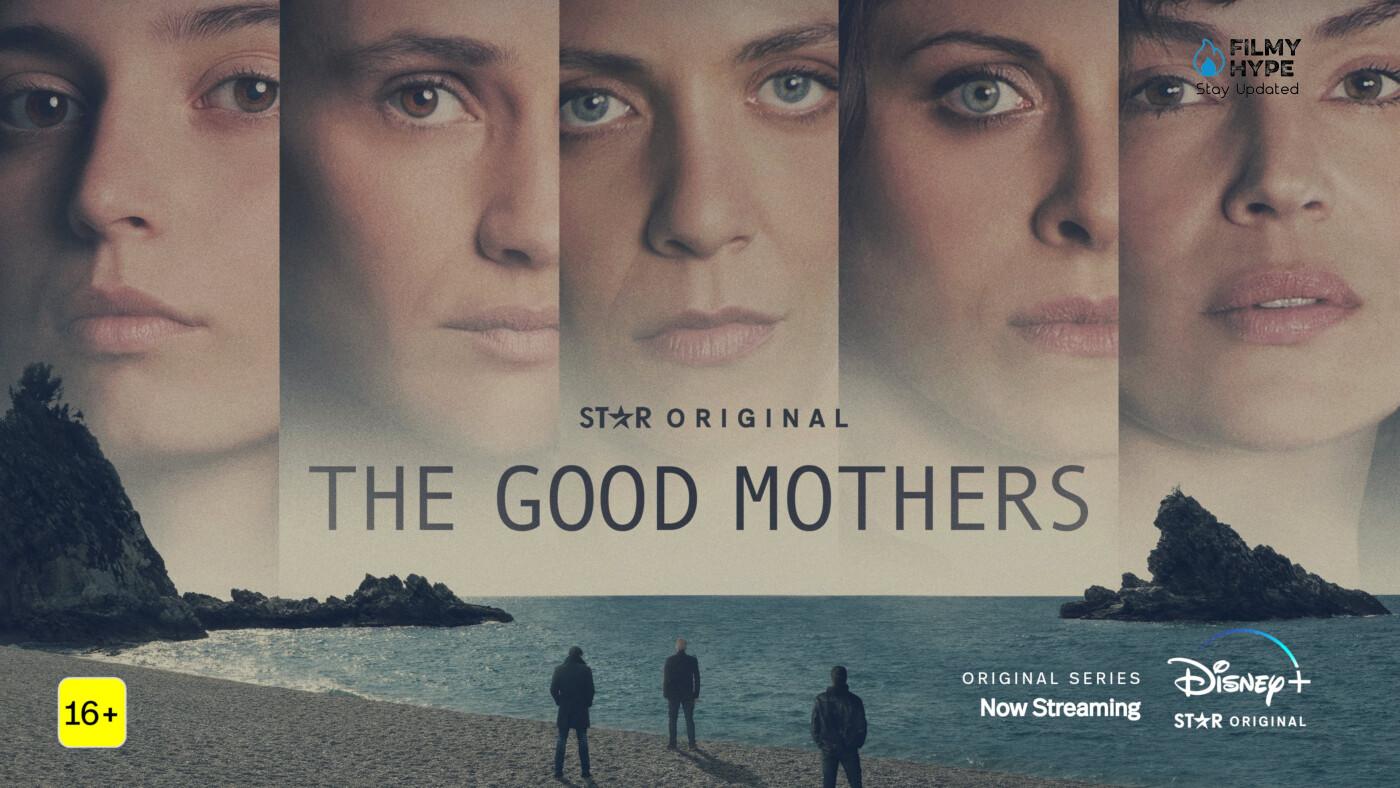
After the preview presentation at the 73rd edition of the Berlin International Film Festival and the consequent victory at the first edition of the Berlinale Series Awards, the Festival award dedicated to the TV series, The Good Mothers finally arrives on Hulu on April 5th. The Good Mothers tell the ‘Ndrangheta entirely from the point of view of the women who dared to challenge it, is the result of a joint effort between House Productions and Wild Side, Fremantle company, and stars Gaia Girace, Valentina Bellè, Simona Distefano and Micaela Ramazzotti. Elisa Amoruso is directing them, together with Julian Jarrold on a screenplay by Stephen Butchard.
The Good Mothers Review: The Story Plot
In particular, the series focuses on four stories of “women of the ‘Ndrangheta” who by vocation or necessity rebelled against the state of affairs and collaborated with justice. Lea Garofalo (Micaela Ramazzotti), who has always been on the run with her daughter Denise, is tired of the constant ambushes of her husband, Carlo Cosco (Francesco Colella), a mafia boss, who has never forgiven her for the betrayal; Giuseppina Pesce (Valentina Bellè), wife and daughter of a boss, one of the women linked to the most important mafia families of Calabria, who carves out a glimmer of freedom for herself, in a life of oppression suffered by the men of her life; Denise Cosco (Gaia Girace) trapped yet with the dream of a different life, in the footsteps and in search of her missing mother and on the run from a cumbersome and criminal father; Maria Concetta Cacciola ( Simona Distefano) real prisoner who seeks a crumb of perspective and freedom among the oppression of a dull and violent family.
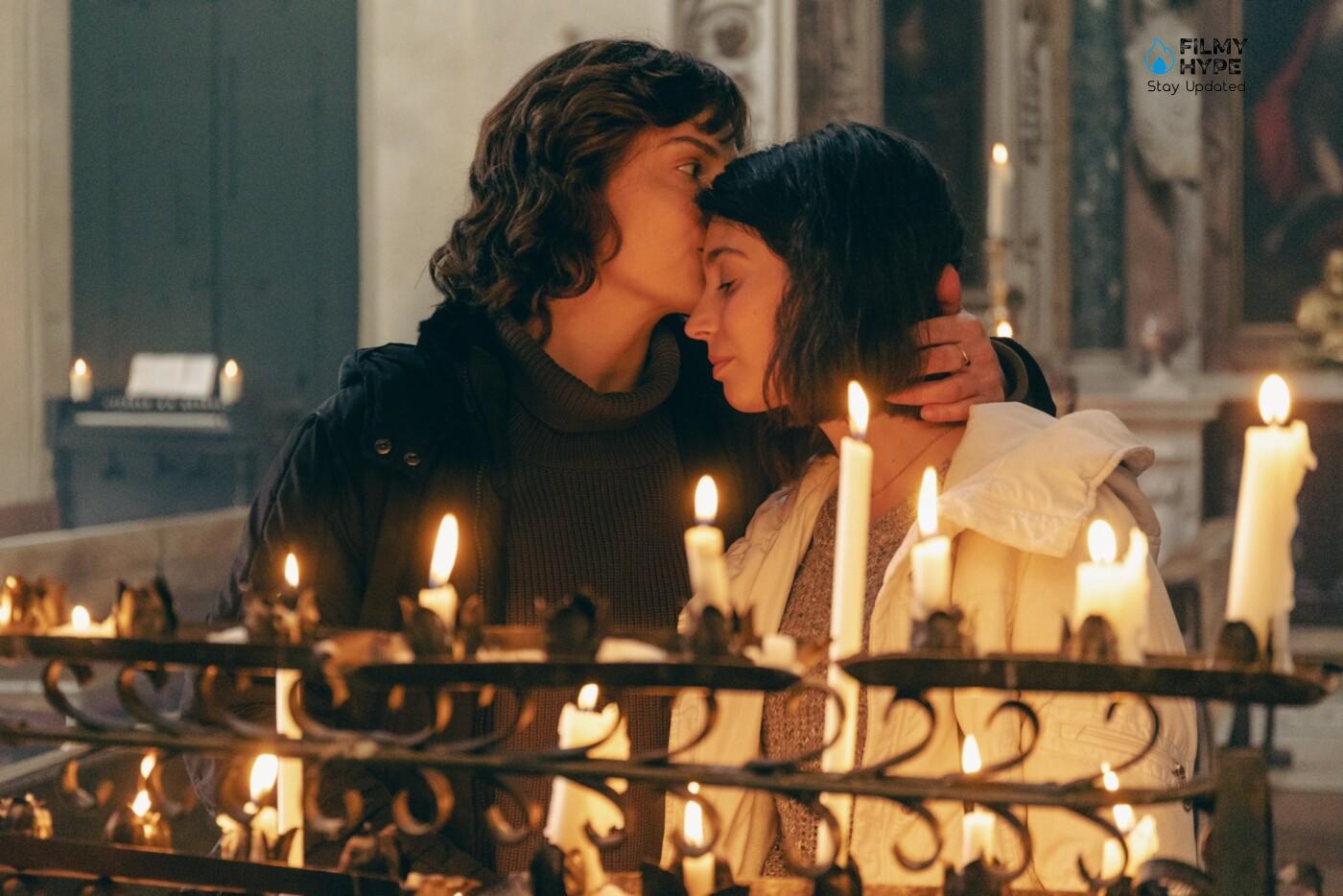
Italian seriality, like cinematography, has often drawn on the stories – more or less fictional – of criminal organizations that have made money, power, and intimidation their calling card. Organizations that loudly cry out that loyalty and the family are the most important values, but whose reality is quite different: there is a rigid hierarchy dominated by a patriarchal mentality that wants women in a subordinate positions. Women and mothers whose life, are always the same, is handed down from generation to generation, without the possibility of being free nor holding a prominent position.
As soon as they are girls – whether it is for a crush or for an arranged marriage to bring prestige to the families involved – they get married, generating children, and are forced into a life of sacrifices and constraints in which the only two possibilities are to be a housewife or minor errands importantly, fear not even though they know every family secret, every crime committed, every movement of weapons, drugs, and money. The Good Mothers are different from any other similar product as it puts the female point of view of the story at the center for the first time.
The Good Mothers Review and Analysis
Facing them, on the other side of the law, is Anna Colace (Barbara Chichiarelli), the magistrate with an iron sense of justice and duty who understands, perhaps precisely because she is a woman, what is the lock pick that will help her unhinge the code of silence surrounding many mafia families of Calabrian organized crime. The women of the ‘Ndrangheta, therefore, become the door through which to enter this closed and dark world, and not because it is a weak point, but because women, as such, as mothers, as submissive and abused, have the realizing that that world is wrong and, above all, they may want a different future for their children, they don’t want their daughters to be slaves like them, they don’t want their sons to be murderers like their fathers, and therefore Colace fits in here, in this opening, offering them protection and the possibility of a different life.
What The Good Mothers does better than any other product that tells the same thorny issue is adopt a new point of view, that of women, who until now have always been the background in a violent world of men. An attempt had also been made in the cinema, at the end of last year, with Burning Hearts, which told the story of a collaborator of justice who escaped from the mafia families who wanted to subjugate her, precisely out of love for her children. However, in the case of the Disney+ and Hulu series, we are facing a product with much more soul and dignity, with incredible performances by actresses who perfectly fit into difficult roles. In particular, we want to underline the intensity and effectiveness with which Bellè stages his Giuseppina Pesce, with a work on posture and language that he deserves to be praised.
Julian Jarrold and Elisa Amoruso lead the six episodes with great skill, always proving to be subservient to the story and their protagonists. This being at the service of what is told is mainly revealed in the choice of location and the photographic and tone choices of the series. The whole atmosphere of the series is leaden, and gloomy, just as the tones are gloomy and dramatic, the grays are intense, there is very little space for bright colors and each character takes charge of a precise direction for his story even with the adoption of a specific palette, chromatic choices that tell the story of intentions and destiny. The Good Mothers combine the skill and effectiveness of production, writing, and performance with powerful content, traditional in our national filmography yet renewed from an unusual and powerful point of view. The women who have contributed to bringing organized crime to its knees, out of love for their children, out of love for themselves, out of hunger for a freedom that has been taken away from them for too long.
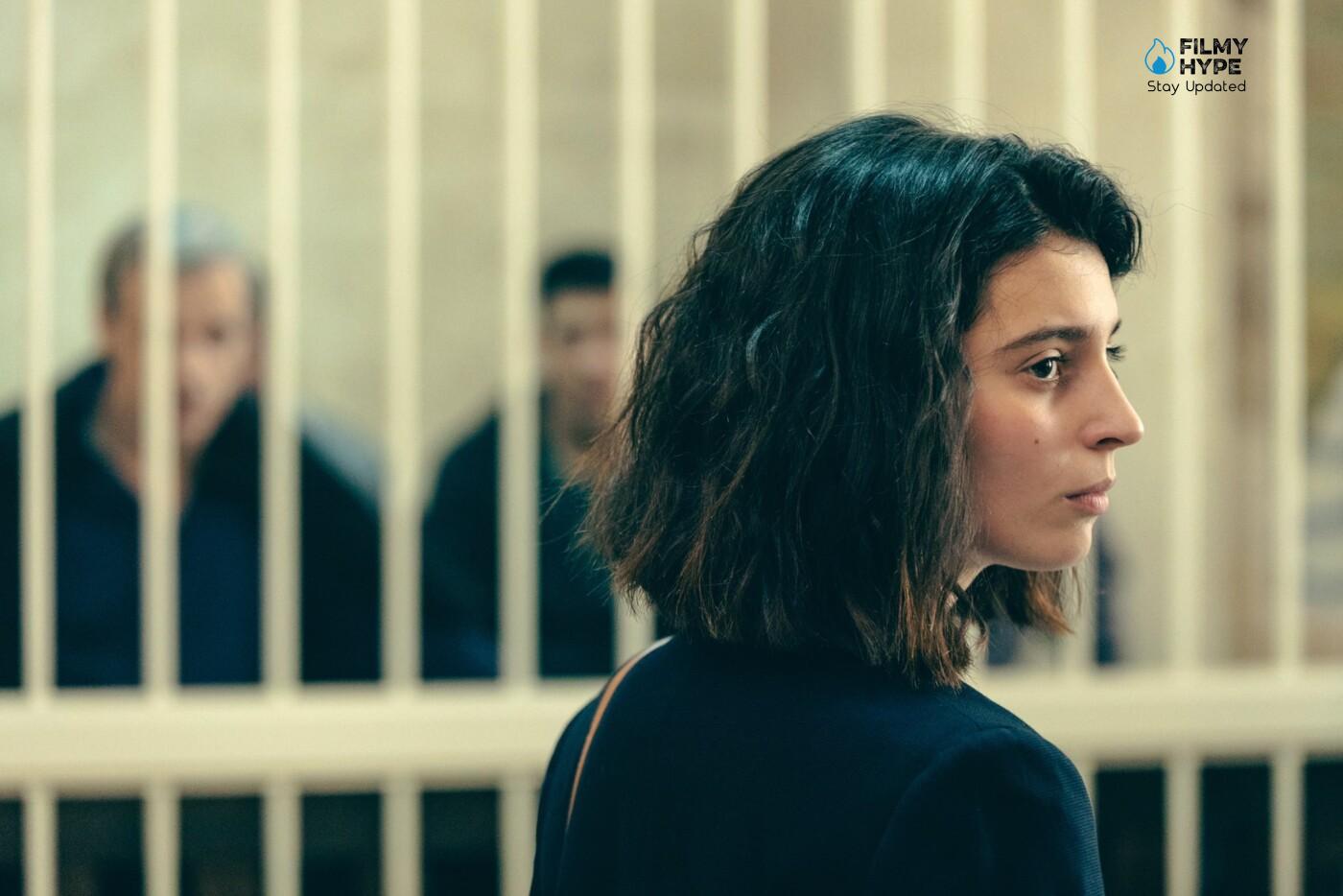
This is the fate that unites the protagonists of The Good Mothers, whose journey that unites them begins with an event unfortunately all too common. Lea and her daughter Denise Garofalo (played by Micaela Ramazzotti and Gaia Girace respectively) escaped from her father who is head of the Cosco clan when Lea decided to help the police and join the witness program for six years, without the police giving her real help or support during the years of isolation that the two have been through. After constantly moving, ever-changing cities and towns and living with fear and paranoia, Lea decide to apologize to her former family, trusting in the affection that Carlo Cosco seems to feel for their daughter.
A choice that will have a tragic consequence: Lea disappears on the evening she and her daughter had to go home, and Denise is forced by her father to stay with him, introducing her to the Ndrangheta. It is through her gaze that we discover all the facets of these women’s lives and the strict hierarchy to which they are constantly subjected. Whatever they do they never receive the approval of the men of the family, much less their respect: they have to smile more, be meeker, keep quiet, ask permission to speak or act, read the gaze of the men in the room to understand whether they can give their opinion or whether they will be punished.
This is the case of Giuseppina Pesce (played by Valentina Bellè), daughter of the boss of one of the most influential and important families of the Ndrangheta she has a marginal role of administration for the family while at home her role is to be a loving mother also while her father beats her in front of his children for saying one sentence too many. Forced to remain faithful to a man she was forced to marry and who is in prison, Josephine longs for the freedom of which she has been deprived. Her daily life is made up of violence, abuse, and a climate of terror from which it seems impossible to rebel, above all because her family has turned her eldest daughter against her. Giuseppina, however, is a key character in the story, a woman who manages not to get trampled, fueling a well-conceived mechanism of events that, intersected with each other, manage to lead to a real rebellion that will lead to the arrest of the most influential members of the ‘Ndrangheta.
A mechanism that for all begins with the tiredness of living the same life made up of children who cannot raise and educate as they want, from a house that is too small which sometimes coincides with forced isolation in a single room, from private freedom for years and years to which these women decide to say enough. For themselves in the first place, but also to break a vicious circle that would have wanted their children as perpetrators or victims. The screenwriter Stephen Butchard, accompanied by the direction of Elisa Amoruso and Julian Jarrold, develops serial writing whose focus is the female figure in the story of the fight against the mafia. An absolute protagonist who stands out next to the negative male presences – for once – kept in the background.
At the same time, there is the story of Anna Colace (Barbara Chichiarelli), a prosecutor determined to stop the Ndragheta and the first to have the intuition to focus on women from the families of criminal gangs, rather than men. Colace can see beyond the gaze of her male colleagues who find it cowardly to start following women. As Colace herself defines it, these women can turn into their Trojan horse: dissatisfied with their life which looks more like long imprisonment with the certainty that their sons will become murderers and their daughters will be beaten by their husbands.
The Good Mothers Review: The Last Words
The women who have contributed to bringing organized crime to its knees, out of love for their children, out of love for themselves, out of hunger for a freedom that has been taken away from them for too long. Linear and sometimes scholastic, The Good Mothers has the advantage of telling a strong and important story without ever exceeding but remaining faithful to its nature. A gangster drama that follows the stylistic features of the genre while telling a new point of view. After the first episode, this series will guide you through painful and repulsive stories but, as we said at the beginning, necessary: it is a purplish series, like the bruises inflicted.



